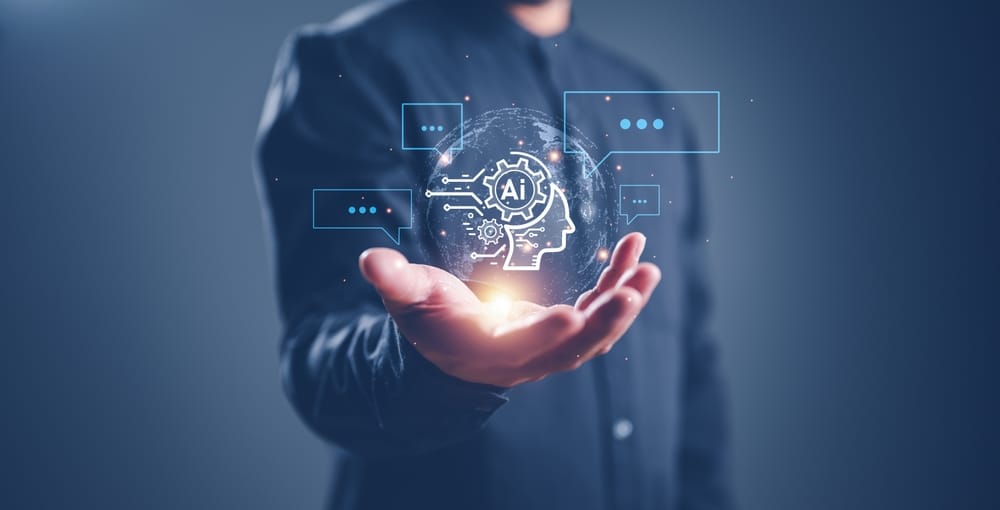(OPINION) Artificial intelligence could pose existential risks and governments need to know how to make sure the technology is not “misused by evil people,” former Google CEO Eric Schmidt warned Wednesday.
The future of AI has been thrust into the center of conversations among technologists and policymakers grappling with what the technology looks like going forward and how it should be regulated.
ChatGPT, the chatbot that went viral last year, has arguably sparked more awareness of artificial intelligence as major firms around the world look to launch rival products and talk up their AI capabilities.
Speaking at The Wall Street Journal’s CEO Council Summit in London, Schmidt said his concern is that AI is an “existential risk.” “And existential risk is defined as many, many, many, many people harmed or killed,” Schmidt said.
“There are scenarios not today, but reasonably soon, where these systems will be able to find zero-day exploits in cyber issues, or discover new kinds of biology. Now, this is fiction today, but its reasoning is likely to be true.
And when that happens, we want to be ready to know how to make sure these things are not misused by evil people.” Zero-day exploits are security vulnerabilities found by hackers in software and systems.
According to Engadget, Schmidt doesn’t have direct influence over AI. However, he joins a growing number of well-known moguls who have argued for a careful approach. Current Google CEO Sundar Pichai has cautioned that society needs to adapt to AI, while OpenAI leader Sam Altman has expressed concern that authoritarians might abuse these algorithms.
In March, numerous industry leaders and researchers (including Elon Musk and Steve Wozniak) signed an open letter calling on companies to pause AI experiments for six months while they rethought the safety and ethical implications of their work.
There are already multiple ethics issues. Schools are banning OpenAI’s ChatGPT over fears of cheating, and there are worries about inaccuracy, misinformation and access to sensitive data.
In the long term, critics are concerned about job automation that could leave many people out of work. In that light, Schmidt’s comments are more an extension of current warnings than a logical leap. They may be “fiction” today, as the ex-CEO notes, but not necessarily for much longer.
















